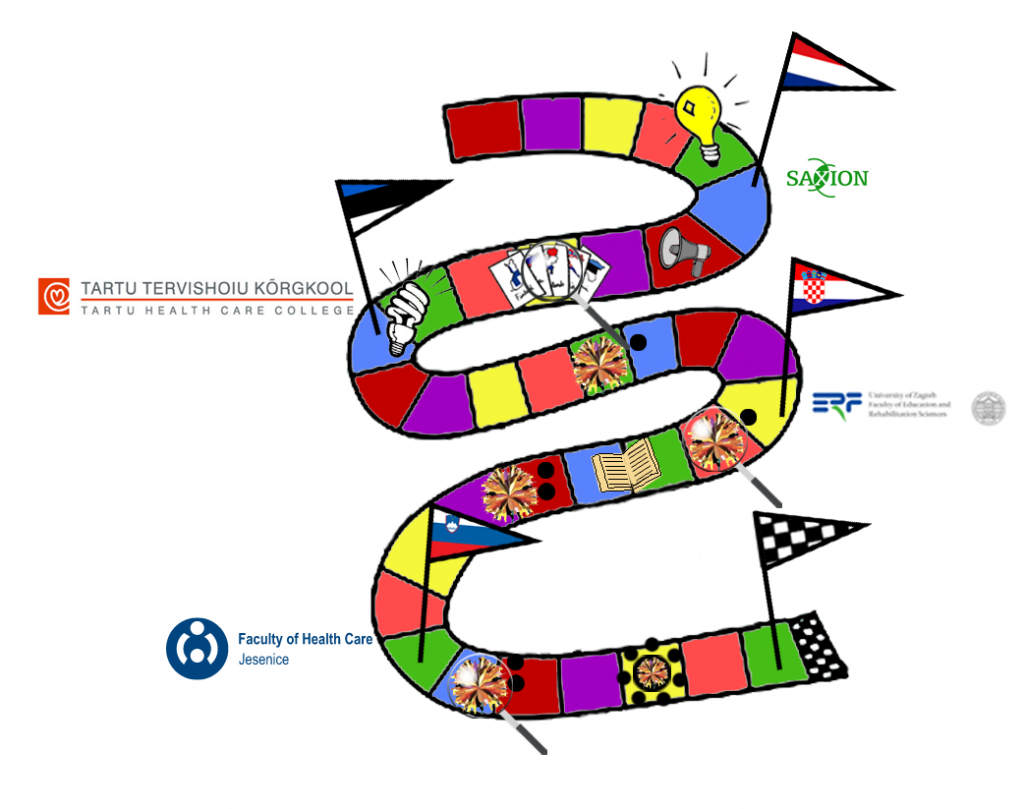Soulbus project at conclusion of it’s run
The Soulbus project has come to the conclusion of it’s run. It commenced on the 1st of October in 2013. and concluded on the 30th of September in 2015. with the duration of 2 years.
The idea behind the project was to take a thorough systematic approach in studying the multicultural situation in partner countries at two levels; the Higher Education Institution as well as the Working Life Partner. This approach would provide a comprehensive picture of the academic and practical situation and issues faced by both organizations at different levels of the internationalization process, regardless whether at the beginning of accepting student exchanges and practical placements or already having an abundance of experience.
To identify these issues, a case study approach was used. The partner in charge of preparation and case analysis researched and developed a questionnaire to be carried out by the rest of the consortium to capture the current relevant information about the situation at the higher education institution and working life partner of each country in regards to multicultural skills and competencies of teachers and mentors who deal with foreign students. This information was summarized into a case repository which served as a basis for further development of the project and it’s final products.
A multicultural eLearning content was developed by the partner in charge of designing and piloting the Multicultural coaching programme. The content was designed based on the issues and challenges identified by the questionnaire and summarized into a case repository and relevant research. It got it’s name through a call for proposals of naming the content and a eCoach was selected.
The eCoach content is divided into two parts: the 1st general part covering multiculturalism and the 2nd country and profession specific part that deals with multicultural issues and challenges in a specific country and stage of dealing with foreign students. Both parts were subject to piloting by both higher education institution and working life partner professionals whose task was to identify and report how the content can be improved to better provide for other countries and institutions which are looking to improve their internationalization efforts and cooperation on behalf of their foreign incoming students to make their academic and practical placement stay as best as possible.
The content in turn was presented to a wider higher education institution and working life partner audience in an effort to provide insight into the value and benefits of the project for the end users: teachers at university and mentors in working life partners teaching students critical occupational skills.
The value of the project can be summarized into the following points:
- the cooperation between the higher education institutions and the working life partners has been strengthened and improved,
- international cooperation has been improved between the higher education institutions as well as working life partners between project partner countries,
- eCoach part A has been developed to clarify and elaborate the multicultural issues identified in the case repository in an informative and fun approach which makes learning for teachers and mentors all the more simpler,
- eCoach part B has been developed to cover specific issues for each country and profession identified in the case repository and follows the same outline as part A,
- specific issues identified by each country at different levels of working with foreign students,
- specific issue resolutions identified and carried out by each country,
- guidelines and references for other countries and institutions preparing to take on foreign students and teaching them as well as placing them in practical placement.
This project is funded and supported by the European Commission for Life Long learning. We thank them for their support.
Please visit the website dedicated to eCoach and take a look at what multiculturalism is, what are the six indicators of multicultural competence and six different approaches to different issues and challenges as well as methods and approaches that were used to improve the higher education institutions and working life partner resources for teaching future professionals!

Wil Dielis
Good summary!